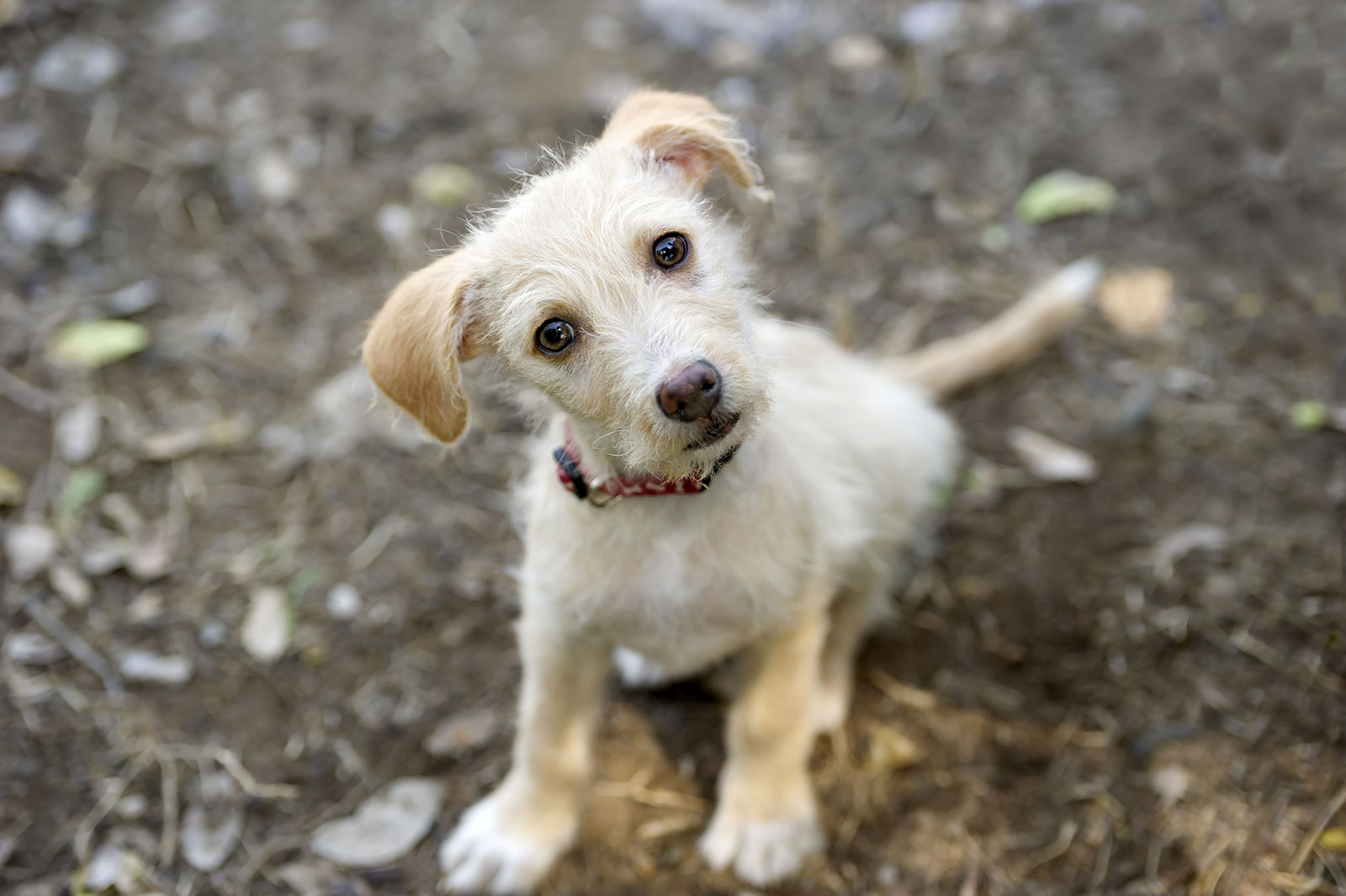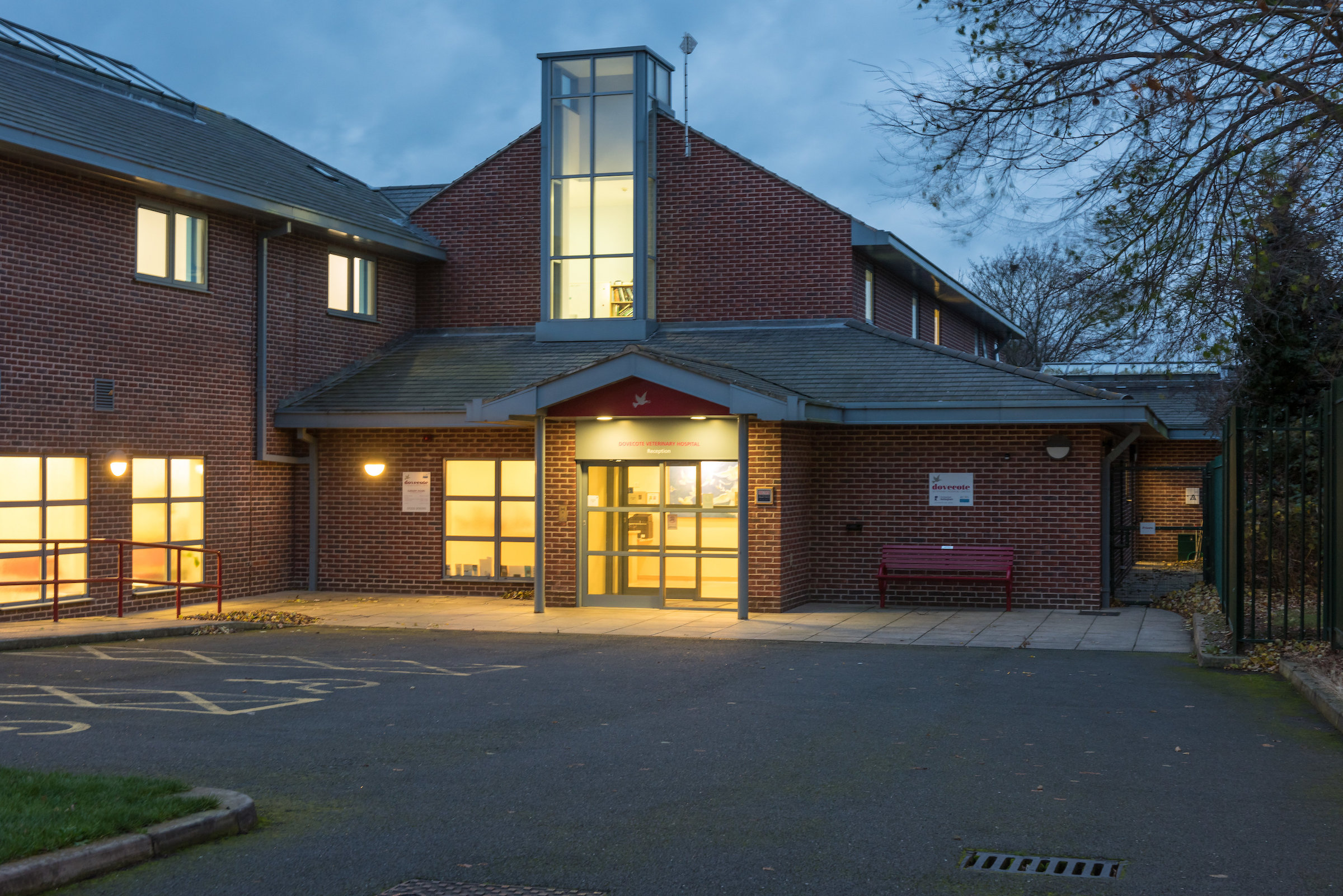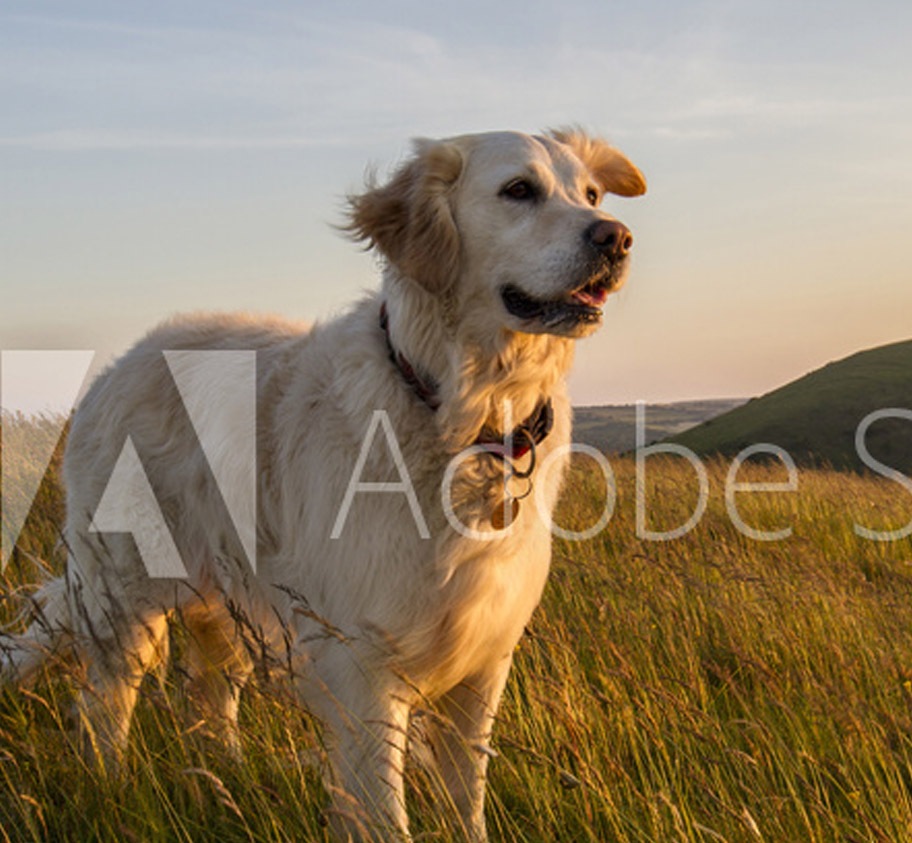
 Menu
Menu
Care Sheet
Care Sheet
General Care Of Your Pet Following A Procedure
Your pet will be sleepy for the remainder of the day and overnight. Keep them in a quiet, darkened room with fresh water available. Offer a light meal in the evening – scrambled egg, chicken or white fish. If they do not want to eat at first, do not worry.
If your pet has had an operation that requires stitches or skin staples, please ensure that he/she does not lick at them, as this will make the wound sore and may introduce infection, besides loosening and possibly removing some or all of the stitches. If you are unable to stop them licking, please ring for advice. Plastic collars are available to prevent your pet from reaching the wound and in cases where we know they are likely to damage themselves, your pet will be sent home with one already fitted and charged to your account. Otherwise, if you wish to purchase a collar at the time of collection, please ask at reception.
Areas of clipped hair on the legs are where an intravenous cannula was placed for administration of medication, anaesthetic drugs and/or intravenous fluids. The hair should grow back within one to two months. Your pet has received a gaseous anaesthetic via an endotracheal tube so may cough for a few days.
It is often difficult to clean the coats of animals satisfactorily immediately following surgery. It is best and most easily done when the animal is fully recovered and the coat is dry and can be brushed out.
Cage rest or small room rest may be necessary in the immediate postoperative period. The Veterinary Surgeon will discuss this with you, but as a general rule of thumb, if a surgical operation has been performed, cage rest will be necessary for small dogs and cats, and larger dogs should be confined in a small room with no opportunity to jump. Getting onto furniture, stairs and rough play must not be allowed.
Dogs may be taken into the garden on the lead to do their business.
Postoperative visits: You will be asked to visit your own Veterinary Surgeon in two to three days to have the wound and any dressing checked.
An initial postoperative check here, two weeks after the operation, is included in the fee. We may remove staples or stitches at this visit or you can have them removed by your own vet.
Additional costs: Any extra drugs dispensed during the recovery period will be charged to your account, and if there is any requirement for further investigation or surgery, e.g.postoperative x-rays or implant removal, these will also be charged for.
Dressings: Some operations, especially on limbs and open wounds, require dressings which need changing regularly. As this is difficult to estimate in advance (each case is different) this will also result in extra cost. It may be possible for dressing changes to be carried out by your own vet.
If you are concerned about your pet’s progress or the surgical site, please contact your own vet in the first instance, they will the decide whether you need to be seen there or at Dovecote.
Stay in touch
Follow us on social media and keep up to date with all the latest news from the Dovecote Veterinary Hospital.


